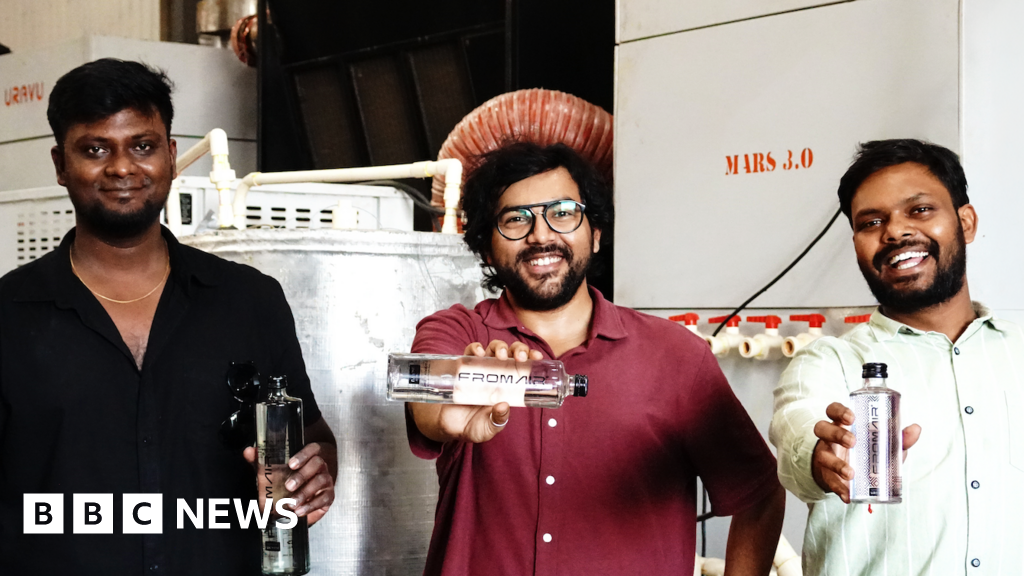Tackling water shortages with the 'Star Wars' techWhen a severe drought hit the Indian city of Kozhikode, also known as Calicut, in 2016, reside...
Published on by Water Network Research, Official research team of The Water Network

When a severe drought hit the Indian city of Kozhikode, also known as Calicut, in 2016, residents including student Swapnil Shrivastav had access to a limited amount of water each day.
“We were rationed to two buckets of water a day, which we collected from water tanks,” he says.
While he says it’s not uncommon for water supply issues to impact parts of India, it was a tough month for Mr Shrivastav and others in the region. “It was a very humid area; it was unmanageable.”
Mr Shrivastav was already interested in water scarcity having won a student competition in 2012 on imagining the future of water in cities, but the experience pushed him to explore solutions.
“One element of inspiration was from Star Wars where there’s an air to water device. I thought why don’t we give it a try? It was more of a curiosity project.”
Several years later, in 2019, that idea led him, Govinda Balaji and Venkatesh Raja to set up Uravu Labs, a Bangalore-based startup.
Their system converts air to water using atmospheric water generators that contain a liquid desiccant, which absorbs moisture from the air.
Using sunlight or renewable electricity they heat the desiccant to 65C which releases the moisture, which can then be condensed into drinking water.
Mr Shrivastav says the whole process takes about 12 hours. Today each unit produces about 2,000 litres of drinking water.
Attached link
https://www.bbc.com/news/articles/cd11nnwp646oTaxonomy
- Atmospheric Water Generator
- Water Supply
- Water Supply
- Community Supply
- Atmospheric Water Generation
1 Comment
-
Won't the water produced be equivalent to de-ionized or distilled water? If yes, for washing it will be okay but it should not be consumed as normal drinking water without some additional treatment to add some minerals.